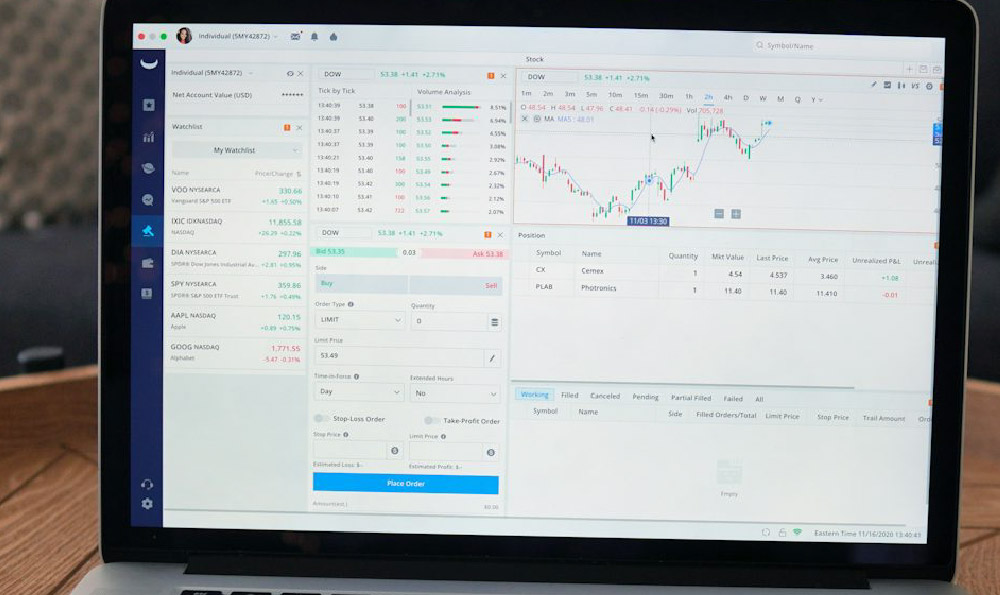How Does Yuka Generate Revenue? & Is Yuka Truly Free?
Okay, I understand. I will write an article in English based on the topic "How Does Yuka Generate Revenue? & Is Yuka Truly Free?", aiming for a minimum of 800 words, providing comprehensive and detailed explanations. I will avoid excessive bullet points, numbered lists, and typical sequential transition words. I will also refrain from directly stating the title within the article.
Here's the article:
The proliferation of health-conscious consumers has fueled the rise of various applications designed to help individuals make informed choices about the products they consume. Among these, Yuka, the mobile app that scans food and cosmetic products to assess their health impact, has gained significant popularity. Its user-friendly interface and color-coded ratings have resonated with millions who seek transparency and guidance in navigating the often-confusing world of ingredients and additives. However, a common question arises among its dedicated users: how exactly does Yuka sustain its operations and, more importantly, is its proclaimed "free" service truly free of hidden biases or compromises?

Understanding Yuka's revenue model is crucial to evaluating its integrity and long-term viability. The app primarily operates through a freemium model, meaning it offers a base level of service without charge while providing additional features for a fee. The core functionality of scanning and rating products, accessing detailed ingredient information, and receiving alternative product suggestions remains accessible to all users without requiring any payment. This commitment to providing essential information freely is a key factor in its widespread adoption.
However, Yuka's sustainability hinges on generating revenue to cover development, maintenance, database upkeep, and personnel costs. One significant source of income stems from its Premium subscription. This optional subscription unlocks several enhanced features that cater to more discerning or frequent users. Premium subscribers gain access to an offline mode, allowing them to scan products even without an internet connection, a valuable asset for shopping in areas with limited connectivity. Furthermore, the Premium version offers more comprehensive search filters and a history of scanned products, facilitating easier tracking of dietary habits and purchase decisions. Crucially, Yuka emphasizes that these Premium features do not influence the product ratings or recommendations provided by the app. The algorithm remains impartial and based solely on scientific data, regardless of a user's subscription status.
Beyond premium subscriptions, Yuka also generates revenue through affiliate links and brand partnerships, but it approaches these carefully to maintain its reputation for objectivity. When users are presented with alternative product suggestions after scanning an item, some of these suggestions include affiliate links. If a user clicks on one of these links and subsequently purchases the recommended product from the partnered retailer, Yuka receives a small commission. The app is transparent about these partnerships, clearly disclosing the affiliate nature of the links. Yuka states that it prioritizes selecting alternative products based on their improved health scores, not solely on the commission potential. The selection process aims to offer genuinely healthier options, adhering to the app's core mission.
The topic of brand partnerships warrants careful consideration. Yuka collaborates with select brands that align with its commitment to transparency and healthier products. These partnerships may involve sponsored content or features within the app. However, Yuka asserts that these collaborations are subject to strict guidelines to prevent any compromise in the integrity of its ratings or recommendations. The app diligently vets potential partners to ensure they meet its standards for ingredient quality and ethical sourcing. Moreover, Yuka explicitly labels any sponsored content to maintain transparency and avoid misleading users. Any influence from these partnerships is actively mitigated through transparency practices and internal regulations.
Addressing the question of whether Yuka is truly "free" requires a nuanced perspective. In the traditional sense, the app offers a substantial amount of valuable information and functionality without any direct cost to the user. Anyone can download the app, scan products, and access detailed ratings and ingredient information without paying a dime. This accessibility is a defining feature of the app.
However, the app is not "free" in the sense that it incurs no costs to operate. As discussed, Yuka relies on Premium subscriptions, affiliate links, and carefully vetted brand partnerships to generate revenue. The crucial point is that these revenue streams are designed to be unobtrusive and transparent, minimizing any potential bias or manipulation of the app's core functionality. The team behind Yuka is aware that any perceived compromise in objectivity would severely damage the app's reputation and user trust, which is its most valuable asset.
Ultimately, Yuka's success hinges on maintaining a delicate balance between providing free, valuable information and generating sufficient revenue to sustain its operations. The app's commitment to transparency, its reliance on scientific data, and its careful approach to partnerships are essential for preserving its credibility and ensuring that it remains a trusted resource for health-conscious consumers. The continued scrutiny from its users and independent organizations will serve as a valuable safeguard against any potential deviations from its core mission. Yuka's model represents a growing trend of businesses seeking to empower consumers with information while navigating the complexities of sustainable revenue generation. As long as it remains vigilant in upholding its ethical standards, Yuka can continue to play a valuable role in promoting healthier and more informed consumer choices.















